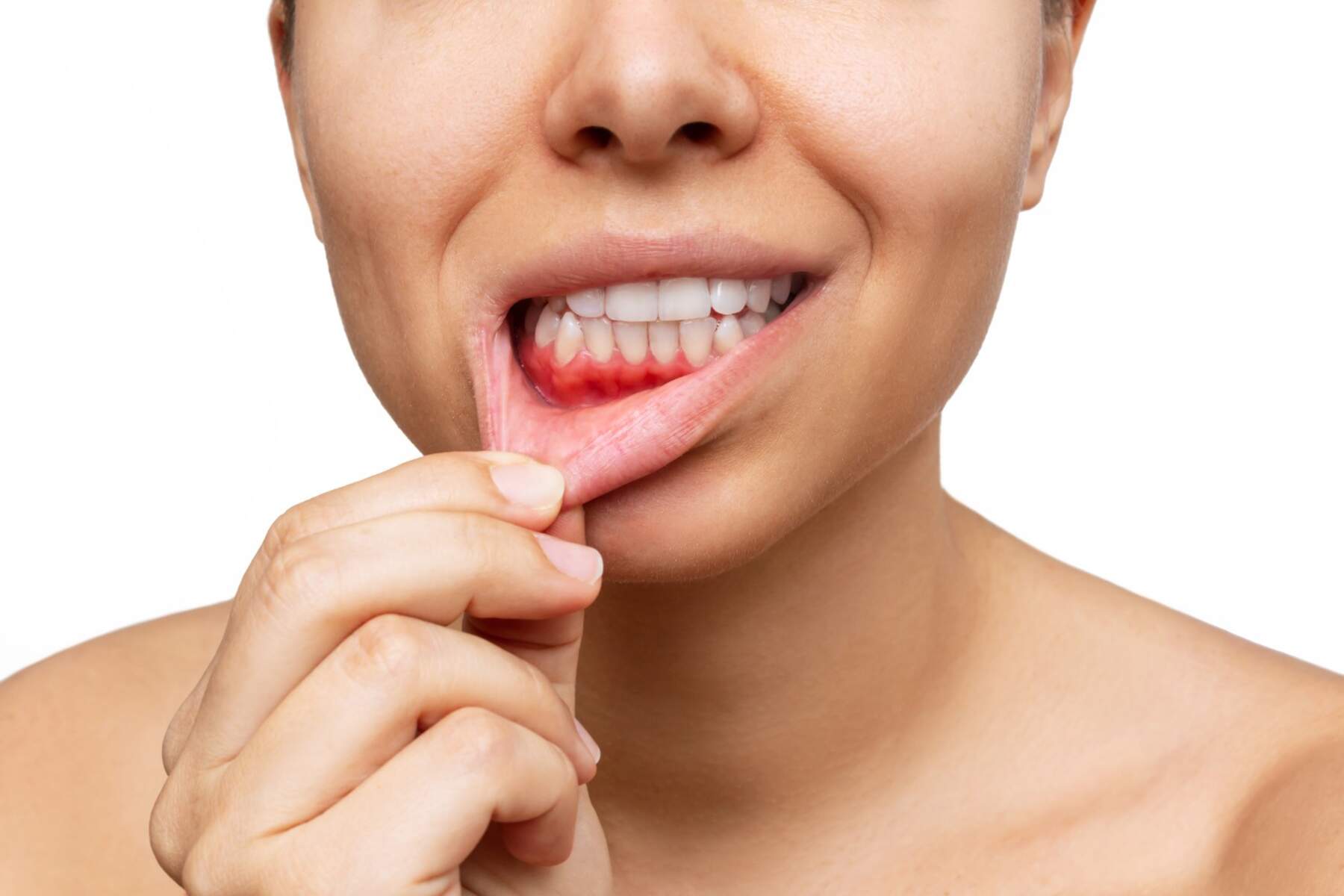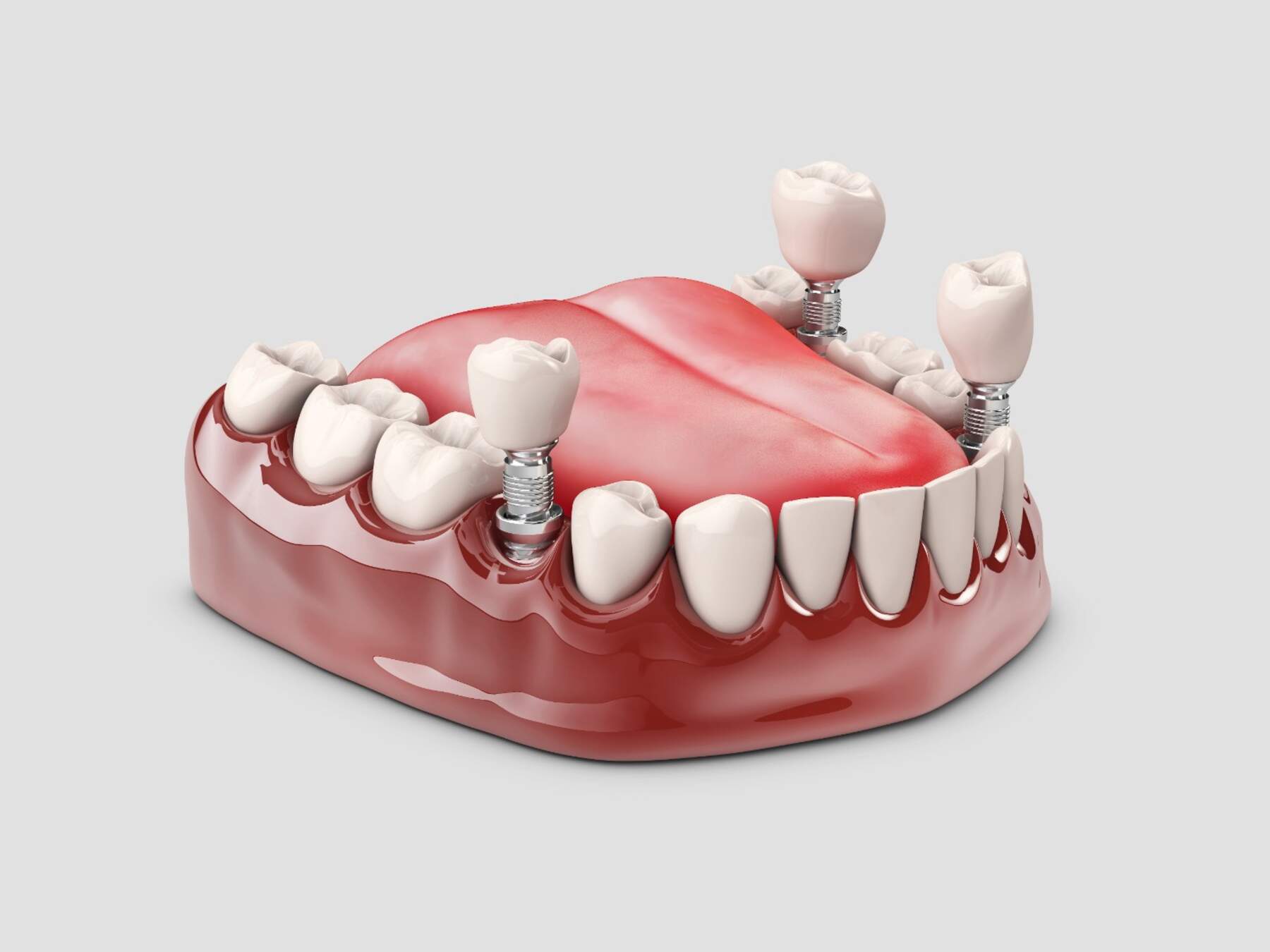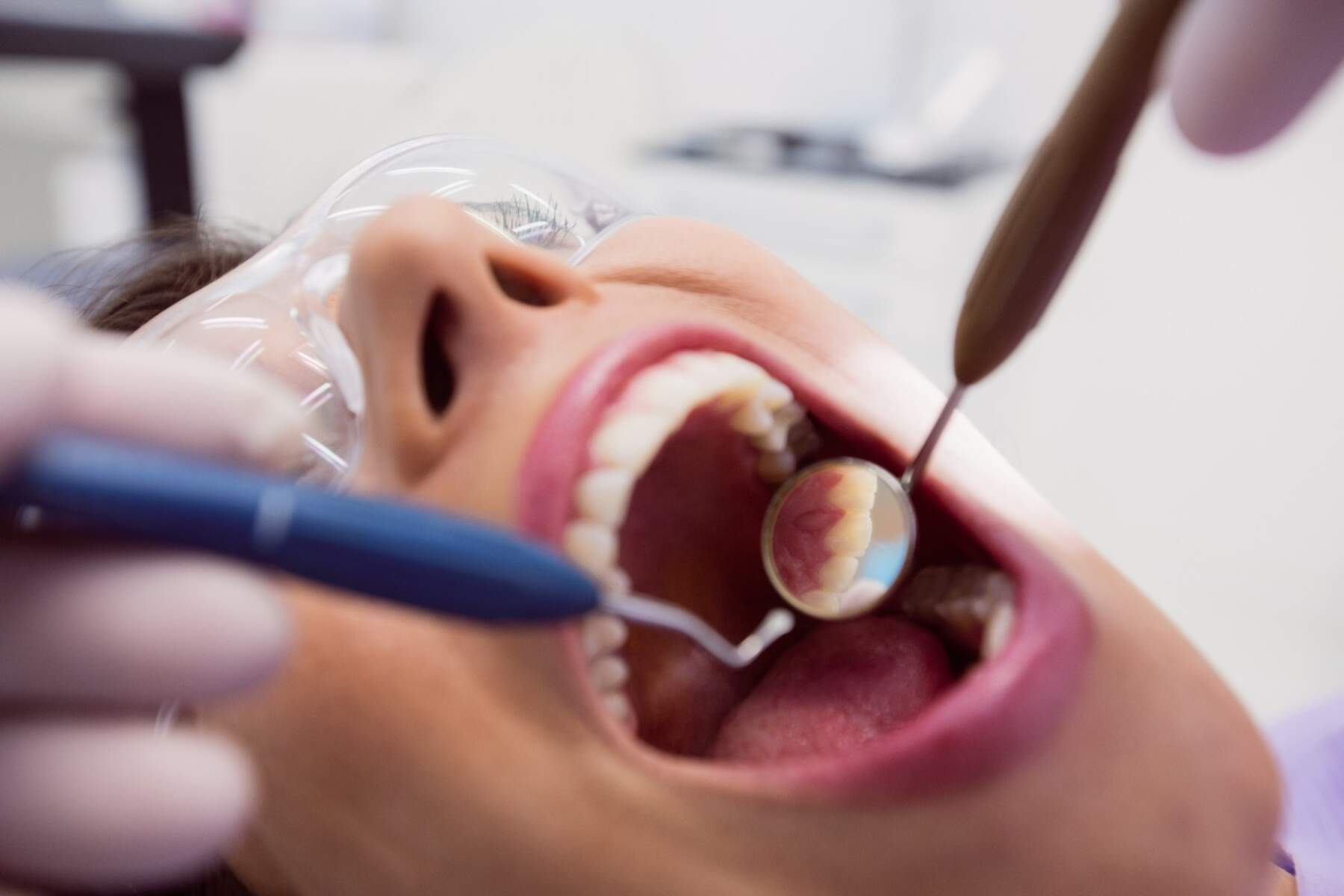Aging occurs naturally in all cells, tissues and organs of the body. The changes that come with aging affect all parts of the body, including the teeth and gums. The elderly are more likely to take medication and in combination with the condition of their overall health also affect their oral health.
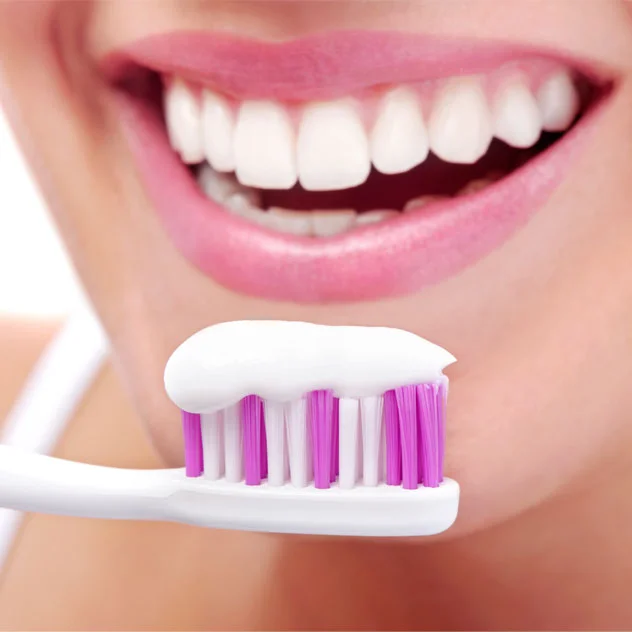
How can Age Affect Your Oral Health?
Some changes appear slowly in our body as the time passes and we age:
- The cells are renewed at a slower rate.
- The tissues become thinner and less elastic.
- The bones become less dense and strong.
- The immune system can become weaker, and in this way, infections can happen faster and the healing process will last longer.
These changes affect the tissue and bones in the mouth, which increases the risk of oral health complications and problems with age.
What are the Most Common Oral Health Problems that Appear in the Elderly Age?
Dry mouth
Older adults are more at risk of having a dry mouth. This can happen due to age; medication use or certain health conditions.
Saliva has an essential role in the maintenance of good oral health. It protects your teeth from wear and tear and helps keep your gums healthy. When the salivary glands in the mouth do not produce enough saliva, the risk of the things we are going to mention below, will be increased:
- Chewing and swallowing problems
- Sores in the mouth
- Gum disease and caries
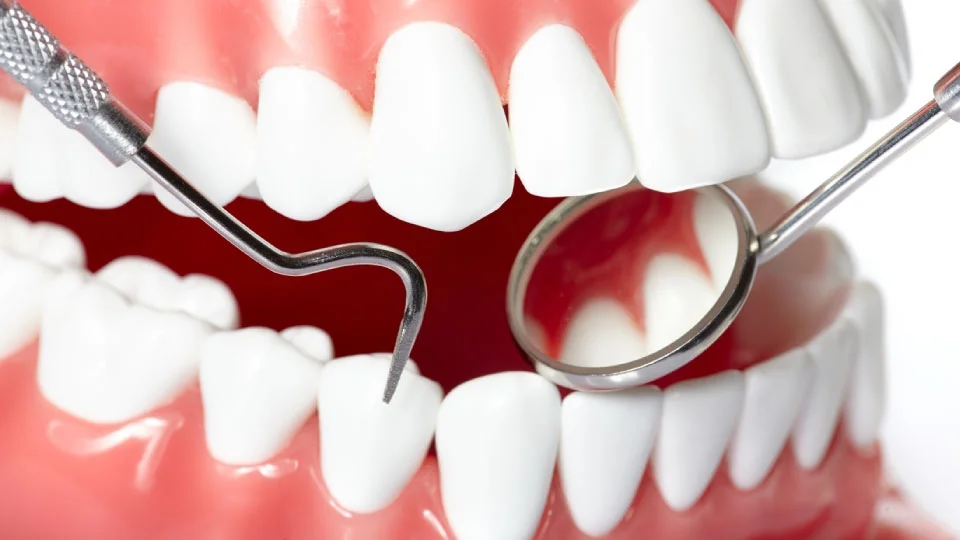
Your mouth may produce a little less saliva as you age. Although, medical problems and conditions that appear in the elderly and are more common causes of dry mouth, include:
- Several medications, such as those that are used to treat high blood pressure, high cholesterol, pain and depression, can reduce the amount of saliva you produce. This is probably the most common cause of dry mouth in the elderly age.
- Side effects from cancer treatment can cause dry mouth.
- Diseases such as diabetes, stroke and Sjögren’s Syndrome can also affect saliva production.
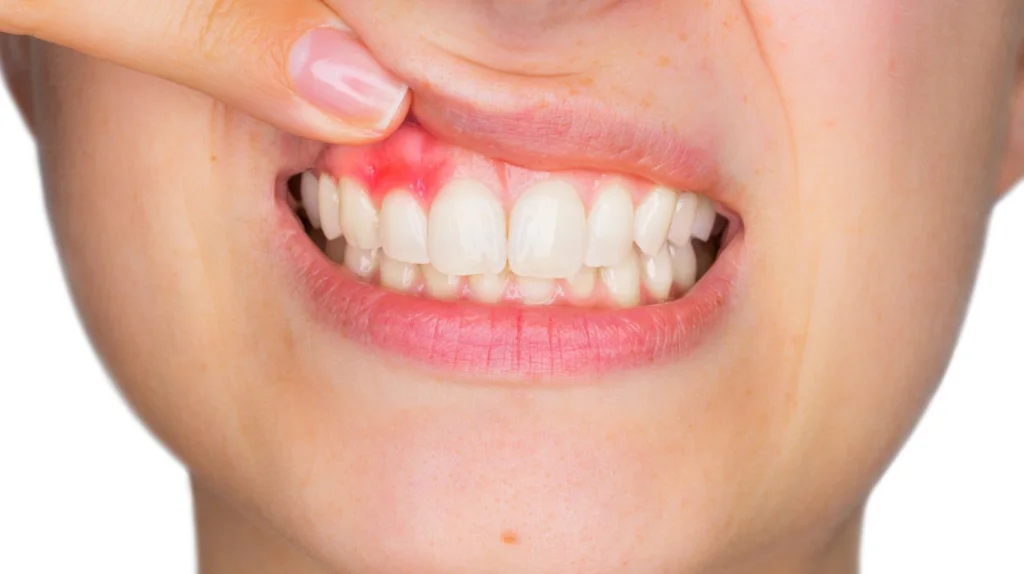
Gum problems
Retinal detachment is common in older adults. This happens when gum tissue is removed from the tooth, exposing the base or root of the tooth. This makes the accumulation of bacteria easier and causes inflammation along with tooth decomposition.
Brushing too much of the teeth for a long period of time can cause the receding of your gums. Gingivitis is an early stage of gum disease. It appears when plaque and stone accumulate and irritate as well as swell the gums. However, severe gum disease (periodontal disease) is the most usual cause of receding gums and can also lead to tooth loss.
Some conditions and diseases that are common in the elderly age can put them at risk for periodontal disease:
- Skipping brushing and flossing every day.
- Failure to receive regular dental care.
- Smoking
- Diabetes
- Dry mouth
- Weak immune system
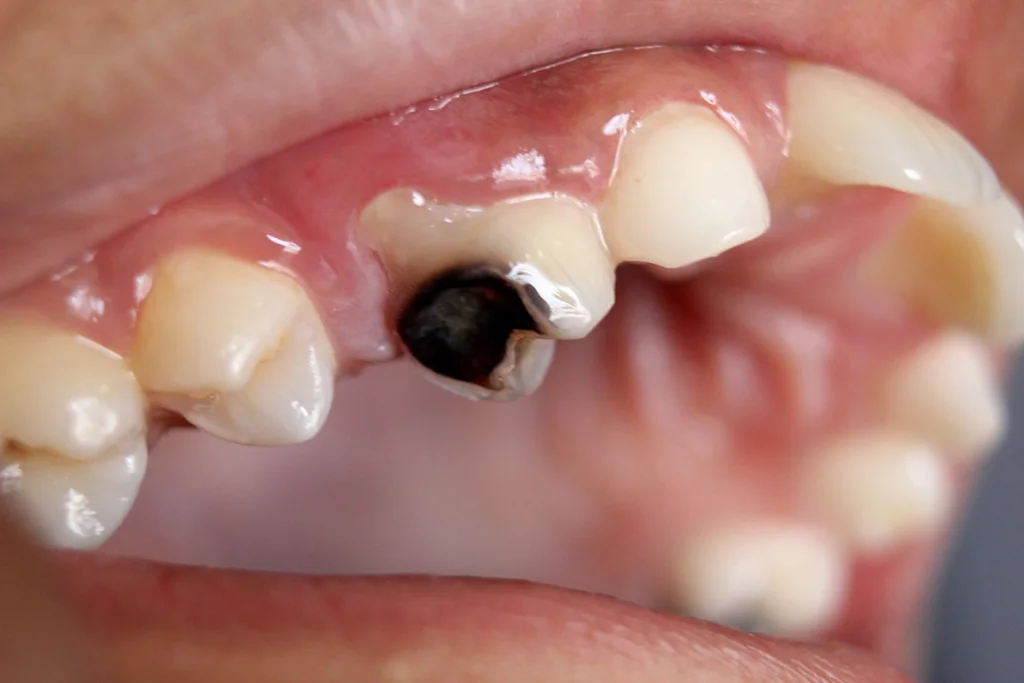
Holes in the teeth
Holes are created when bacteria in the mouth convert sugars and starches from food into acid. This acid attacks the tooth enamel and can lead to cavities.
Cavities commonly appear in older adults because most adults keep their teeth for the rest of their lives. In view of the fact that older gums often recede, cavities are more likely to develop at the root of the tooth.
Dry mouth also causes the accumulation of bacteria in the mouth more easily, which lastly leads to tooth decay.
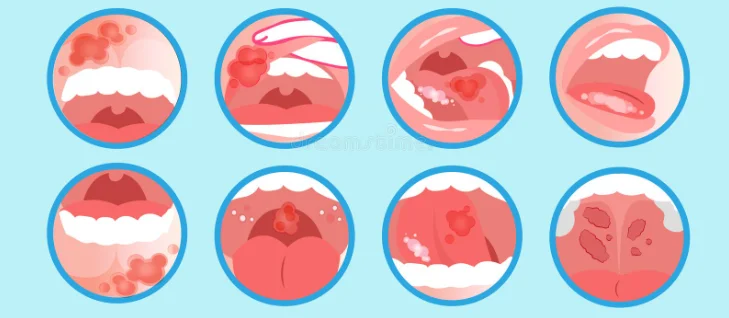
Mouth cancer / Oral cancer
Oral cancer is more frequent in people that are over the age of 45 and is twice as frequent in men as it is in women.
Smoking and other tobacco products are the most common cause of oral cancer. Excessive alcohol consumption along with tobacco use significantly increases the risk of oral cancer.
Other elements that may increase the risk of oral cancer include:
- Human papillomavirus (HPV) infection (same virus that causes genital warts and several other cancers)
- Poor dentistry and oral hygiene
- Taking medicines that weaken your immune system (immunosuppressants)
- Rubbing from rough teeth, dentures or fillings for a long time
How to Protect your Teeth and Gums?
Regardless of your age, proper dental care can keep your teeth and gums healthy. Follow the tips that we are going to mention below and you can have proper dental care.
- Brush twice a day with a soft-bristled toothbrush and fluoride toothpaste.
- Floss your teeth at least once a day.
- Visit your dentist for regular checkups.
- Avoid sweets and soft drinks which contain a large amount of sugar.
- Do not smoke or use tobacco products.
If your medication causes dry mouth, talk to your doctor or dentist in order to see if it is possible to change your medication.
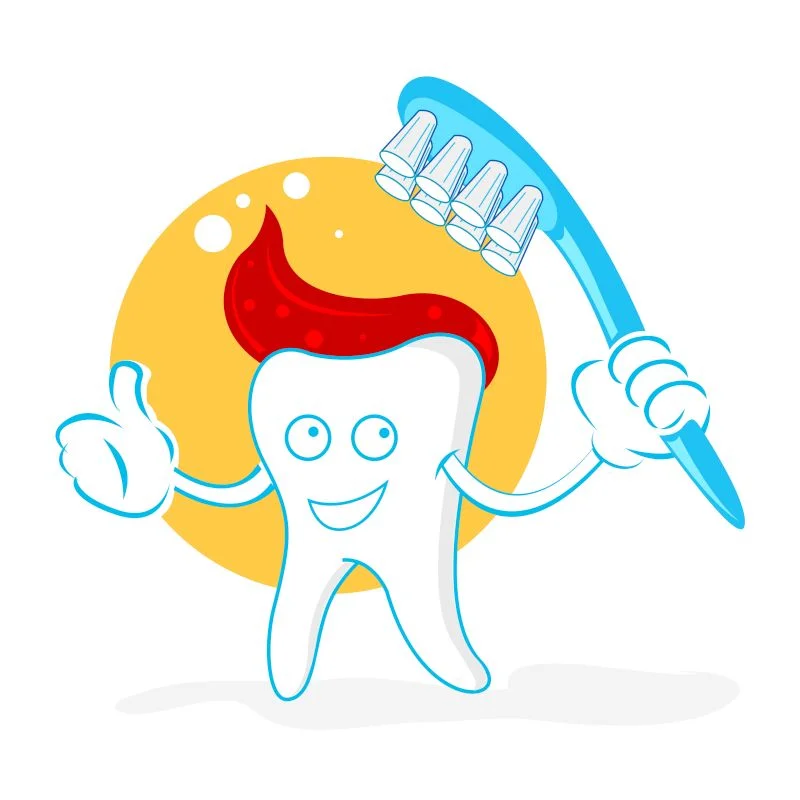
When to Contact a Dentist if you Have a Problem with your Mouth?
You should contact your dentist if you notice:
- Toothache
- Red or swollen gums
- Dry mouth
- Sores in the mouth
- Bad breath
- Loose teeth
- Dentures with poor fit
If you notice one of the above problems, you can contact the staff at Trio Dental Center and we will ensure you a unique and of the greatest quality dental care.


